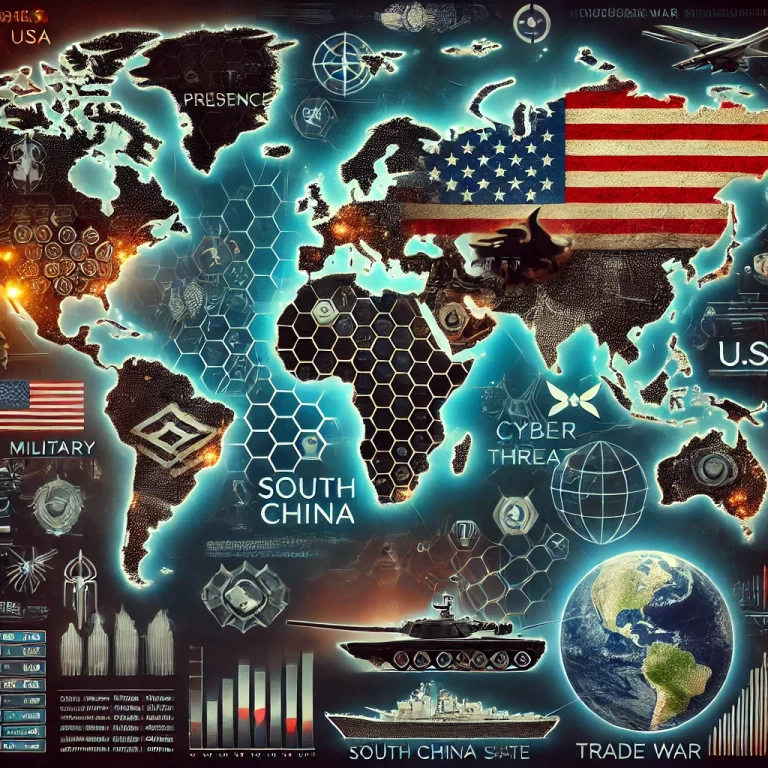
Navigating Empire
Re-visiting Sathnam Sanghera’s Empireworld: Mile End Institute Hennessy Lecture
On Wednesday I had the privilege of attending the Mile End Institute’s Hennessy lecture with Sathnam Sanghera, author of Empireworld: How British Imperialism has Shaped the Globe, and Jerry Brotton, Professor of Renaissance Studies at Queen Mary, University of London. A brief introduction by our Head of History, Emma Griffin, held that Sanghera’s work has achieved something that places him at the envy of many historians: people actually want to read it.
Despite the humour reflected by the audience’s laughter (meincluded), this touched on a very important theme that ran throughout the lecture and into the Q&A after. Empireworld has been celebrated as prompting people to take up history, which is a remarkable achievement in and of itself, made even more so by Sanghera’s claims that he himself is not a historian. The popularity of Sanghera’s writing is due, in part, to its controversy. He said himself that he receives the occasional email asking, “Why do you hate Britain?” or angrily declaring that “the British Empire brought democracy to the world, how can you say it’s bad”, and of course there are the less diplomatic, racist remarks. A poll in 2020 showed that Britain ranked second among ex-colonial powers for imperial nostalgia, falling just behind the Netherlands. That was four years ago, and I’m sure a growth in imperial nostalgia has coincided with the rise of a culture of “Britishness” under Nigel Farage and Reform UK. Sanghera’s critics who regularly denounce him for his criticism of his homeland are also the same who are appalled at Britain for giving up the Chagos Islands, an overseas territory the right didn’t even realise we had up until last week. Sanghera’sresponse? Nothing short of brilliant.
Sanghera said that while yes, the empire has, in some cases, resembled a democratising influence, it has also wrought geopolitical chaos and suffering; after all, what is Empire if not oppression and violence? The keyboard warriors and online trolls attacking damning Sanghera for “insulting Britain”, the best-selling author said, are looking at history the wrong way: to view history with pride or shame is not sensible, it cares not for your feelings, what are you proud of? Nevertheless, navigating the history of empire, and attempting to carve a future in a postcolonial world, is a journey of tremendous trauma, pain, and generational suffering, and to understand the world today is to understand the legacy of the British Empire and its history.
Advocating an understanding of Empire, is different than the decolonisation initiatives that we see being played out. “You can’t decolonise the world” Sanghera proclaims, and that some of these attempts to decolonise the curriculum, are trivial, especially when taken up by radical de- colonisers. Re-naming cities and towns is a start, but to understand the world and our future in it, you must understand empire, not erase it.
For how do you begin to decolonise institutions forged by the heat of empire, such as the British Museum? You have to abolish them Sanghera said – once again to much laughter. What is more important than attempting to decolonise the curriculum and institutions that were built on the pillars of empire is establishing a dialogue about what systems have been influenced by colonialism and get talking about it. This is something that Sanghera is particularly passionate about, especially when he finds many of his nostalgic, right-wing critics object to knowledge and people learning and finding out about empire. “If you love it so much, why do you object to people learning about it?” he questions. Those who stand by this ‘Britishness’celebrating empire are usually vocal about British heroismdefeating Nazism in 1945, citing Britain as a multicultural beacon of freedom and liberty.
Yet today we see these same keyboard warriors and modern imperialists taking to the streets in race riots, resembling a psychosexual aggression – “in defence of the white woman” –similar to the one described in the American documentary 13thdetailing a history of racism and slavery in the United States. Hostility shown towards migrants and non-white Britons shows just how confusing and difficult the navigation of imperial history is; was Empire good or bad?
Again, Sanghera’s response to this question was nothing short of succinct brilliance:
Empire was slavery and anti-slavery, democracy, and chaos; they don’t balance each other out, but it’s unhelpful for every book surveying empire to have a “take”.
Sanghera rounds off the lecture by comparing learning about family to learning about empire: “if I learn some sad things about my family, do I then hate my family? No”. It’s for the love of his country that Sanghera wants to learn about its history, “warts n all”. Discussing empire is the key to fighting racism, and from this standpoint we can use history to create our future in a much saner way than we have been doing up until now. The problem, Sanghera highlights, is that we’ve forgotten how to talk.
He’s helping us find our voice.
Archie Rankin is a Fellow at the Sixteenth Council.



